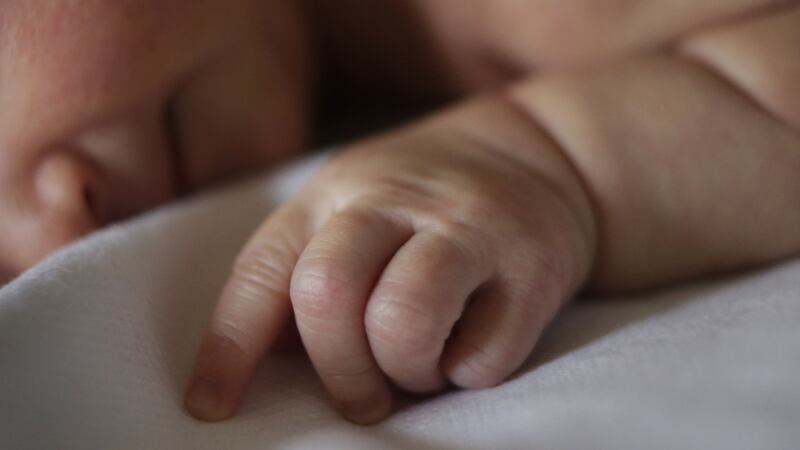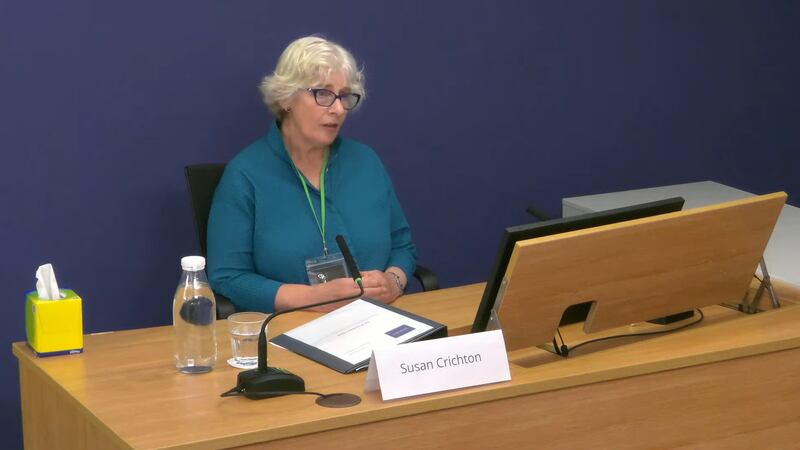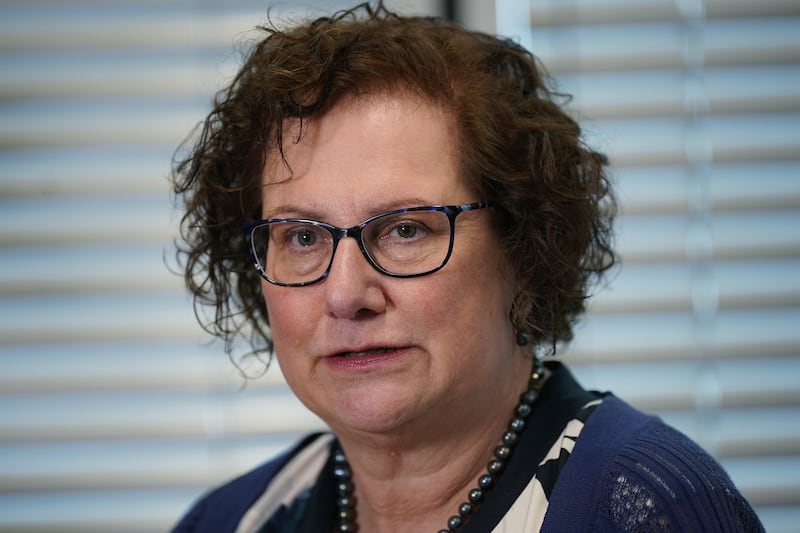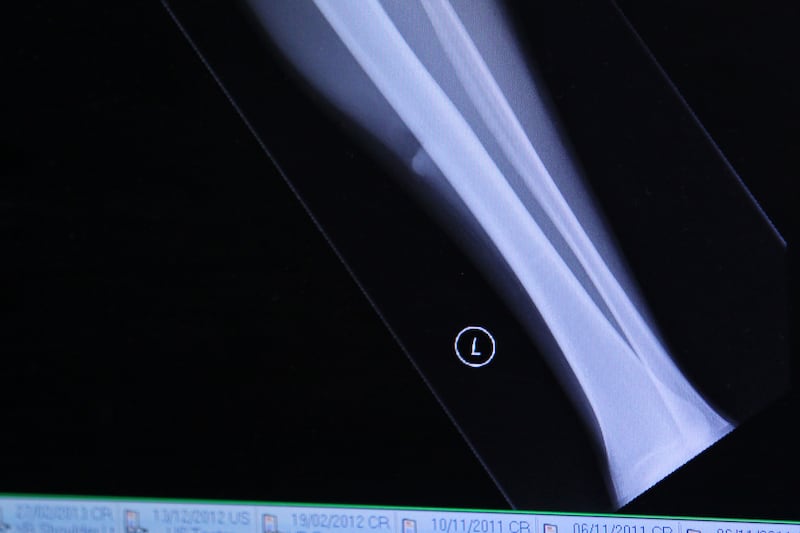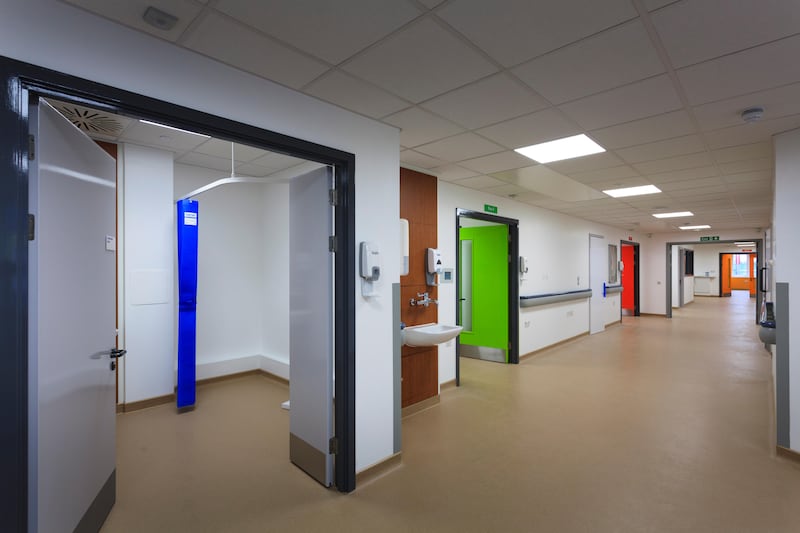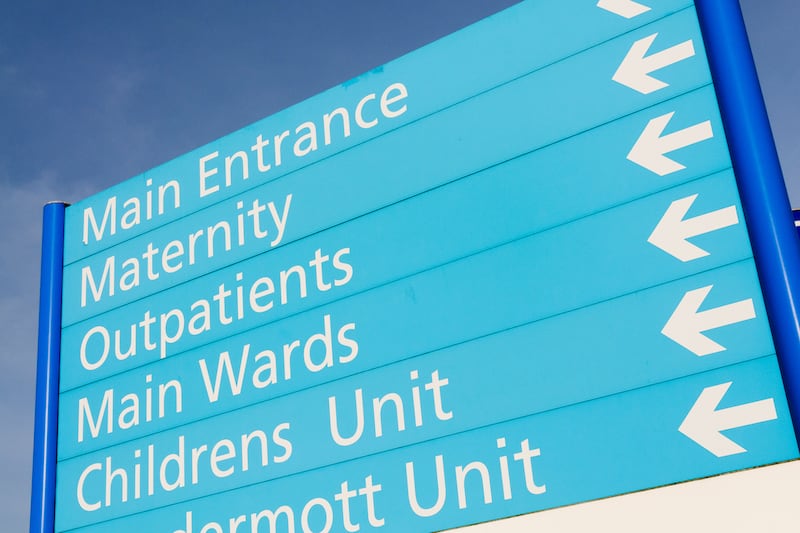Scientists have hailed a study which has “major implications” for how doctors use platelet transfusions for sick premature babies and is expected to save lives.
Researchers found that lowering the threshold and giving fewer platelet transfusions is better and will prevent death or major bleeding in seven out of 100 premature newborn babies with low platelet counts (severe thrombocytopenia), a result which was unexpected by many in the study group.
Platelets are the cells that help the blood to clot and are often given to babies with low platelet counts and no signs of bleeding, to try to prevent bleeding (so-called prophylactic platelet transfusions).
However, doctors did not know the correct platelet count at which they should start giving transfusions to these babies.
Co-chief investigator Professor Simon Stanworth, of the Radcliffe Department of Medicine at the University of Oxford, said: “The findings have major implications for how neonatologists use platelet transfusions for sick premature babies with low platelets.
“We need to remember that platelet transfusions are biological products, and they do have risks.
“This study also raises questions about using prophylactic platelet transfusions routinely in other patient groups with very low platelets.”
The research, published in the New England Journal of Medicine, describes the final results of the PlaNet-2/Matisse clinical study, which involved 43 paediatric and neonatal units in the UK, Ireland and the Netherlands over a six year period.
A total of 660 premature babies with low platelet counts were involved, making it the largest such study to date.
Premature babies with a platelet count below 100 x 109 per litre (normal platelet counts are above 150) were identified, and their parents then counselled and consented about the trial.
Babies were allocated by chance when their platelet count fell below 50, into one of two groups.
One group received a platelet transfusion as their platelet count dropped below 50 (the high threshold study arm), while the other group received a platelet transfusion but only whenever their platelet count dropped below 25 (the low threshold study arm).
Unexpectedly, they found that giving more platelet transfusions to babies at the higher platelet count (the high threshold study arm) was associated with a worse outcome (mortality and major bleeding in the next 28 days), compared with only transfusing babies whose count had dropped lower.
Co-chief investigator Dr Anna Curley, consultant neonatologist at the Neonatal Intensive Care Unit at the National Maternity Hospital, Dublin, said: “Research is essential if we are to provide the best possible evidence-based care and improve outcomes for premature babies.
“I am very proud to have been part of the PlaNet-2 study, where the results will help improve how we treat babies with low platelets.
“I would like to thank the clinicians and families involved in the study and let them know that their efforts will make a real difference to the care of babies worldwide.”
Dr Andrew Cox, consultant neonatologist at East Lancashire Hospitals NHS Trust, said: “We really appreciate the selflessness of parents who agree to enrol their unwell babies into clinical trials such as the PlaNet -2 trial.
“This trial has a clear outcome which will improve the care of sick premature babies in units across the country and overseas.
“We often see premature babies in our unit with low platelets, and the result of the PlaNet-2 trial will guide us in managing these babies more safely and effectively.
“Babies and their families beyond those who so generously took part in the trial will benefit, and it is likely that more premature babies will survive because of them.
“This is a wonderful legacy, for which all those who care for sick babies should be thankful.”
